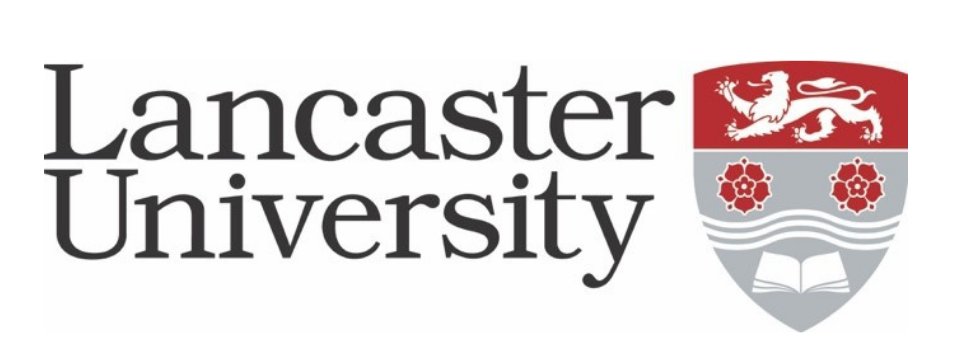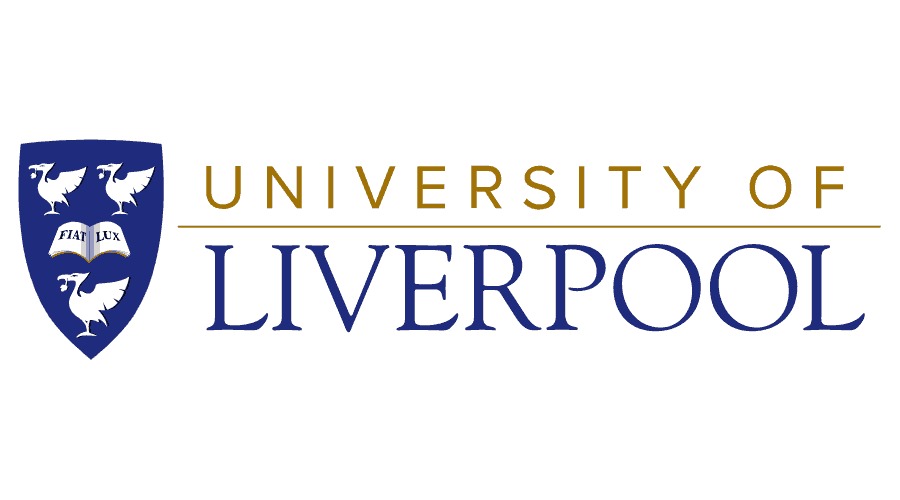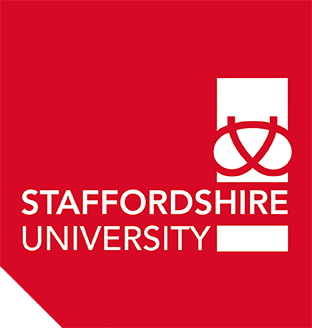
Liverpool John Moores University, in partnership with the University of Liverpool, are set to host a new £1.3million Centre for Doctoral Training providing comprehensive postgraduate training in data intensive science.
The new Centre for Doctoral Trianing for Innovation in Data Intensive Science (LIV.INNO) is funded by the Science and Technology Facilities Council (STFC) and supported by a consortium of international partners, including Harvard University, CERN and Fermilab, as well as leading North West partners, including Daresbury Laboratory, Hartree Centre, and several NHS Trusts in the Liverpool region.
LIV.INNO builds on previous postgraduate training initiatives led by the LJMU’s Astrophysics Research Institute and the Department of Physics at the University of Liverpool, in particular the highly successful LIV.DAT centre which both universities have hosted since 2016.
Meeting the growing skills gap in data science
LIV.INNO will be an inclusive hub for training diverse cohorts of excellent students in data intensive science. It will provide targeted training to meet a growing skills gap in the area of data science which has seen a dramatic increase in many fields of science and engineering, due to the advancement of sensors, mobile devices, biotechnology, digital communication, and internet applications. LIV.INNO students will receive exactly the skills and training they require to help drive the Knowledge Economy, which has been identified as a key sector for the Liverpool City Region.
Deputy Director at the Astrophysics Research Institute, said: “LJMU and the University of Liverpool have been collaborating very successfully for many years. We are delivering the only joint physics degree programme in the UK, and our previous centre, LIV.DAT, has delivered excellent research results with highly employable students. LIV.INNO will now take our training to the next level and focus on driving innovation through data science research.”
The Director of the Centre, Professor Carsten P Welsch at the University of Liverpool, said: “Our new centre will offer dozens of PhD students comprehensive training in Data Intensive Science through cutting edge interdisciplinary research projects and a targeted academic training programme. This will be complemented by secondments to national and international research partners and strong industry contributions. This framework will be an ideal basis for driving science and innovation, as well as boosting the employability of our students.”
The new centre is well-connected into digital research at both universities and links the Astrophysics Research Institute (ARI) and the School of Computer Science and Mathematics (CSM) at LJMU with experts in the departments of physics, mathematics and computer science at the University of Liverpool.
Long-lasting impact across the Liverpool City Region
Prof Nduka Ekere, Pro-Vice-Chancellor for the Faculty of Engineering and Technology at LJMU, said: “This new Centre for Doctoral Training will provide the ideal environment for training future leaders in the data science field, providing them with the skills they need to drive the Knowledge Economy and create a long-lasting impact in the North-West region. With diverse applications in astrophysics, climate change, healthcare provision, or law enforcement, this initiative is an excellent example of the kind of multidisciplinary research and training being carried out at Liverpool John Moores University and its partners.”
Professor Grahame Blair, STFC Executive Director of Programmes, said: “Big data is the linchpin of big science. This funding will bring on the next generation of data science experts, to ensure the UK research and innovation sector continues to thrive. When processing and analysing huge quantities of data, a vital step on the road to scientific discoveries, scientists gain invaluable skills which could also help with industrial and societal challenges.”
Over its lifetime, LIV.INNO will offer a wide-ranging training programme consisting of workshops, international schools and conferences, as well as events for the general public.
You can find more information about the centre and the PhD positions available this year on the LIV.INNO website.

































